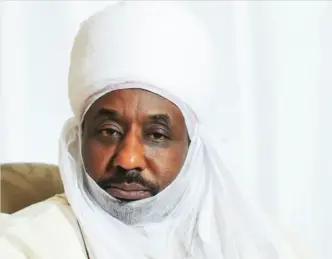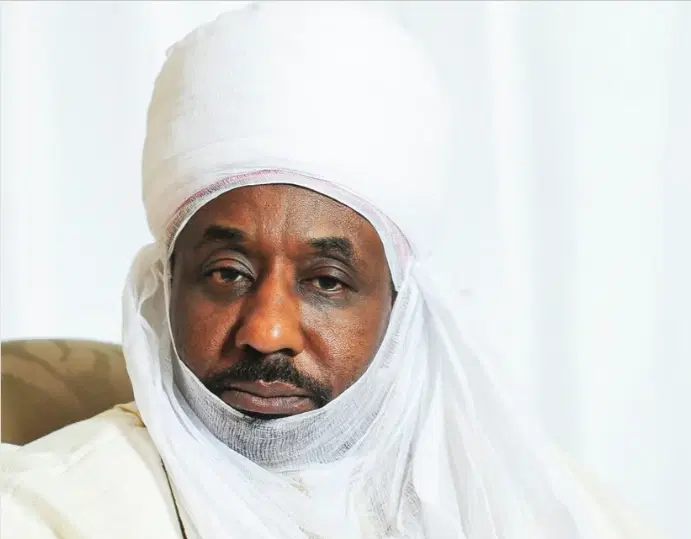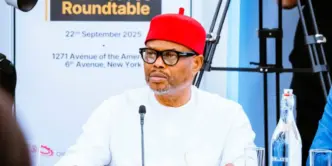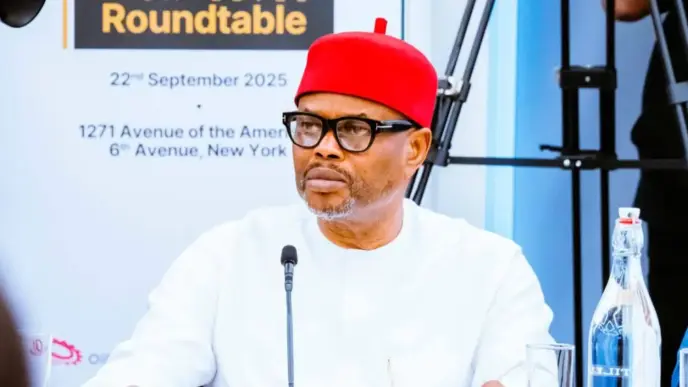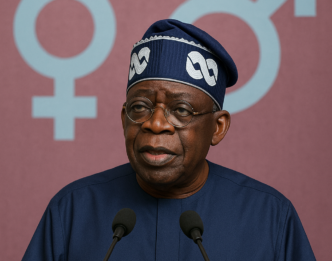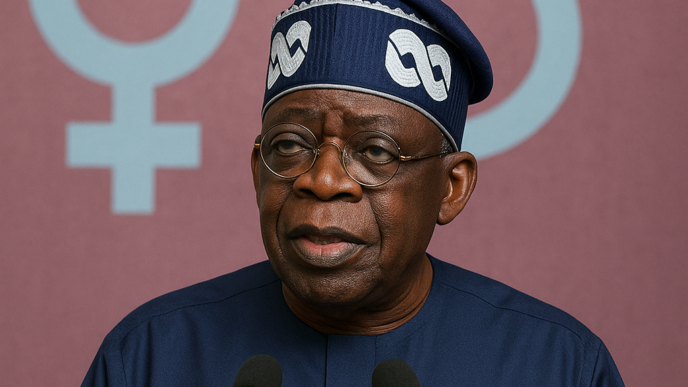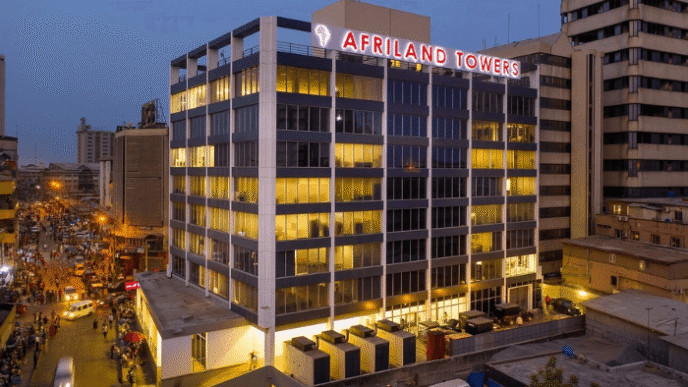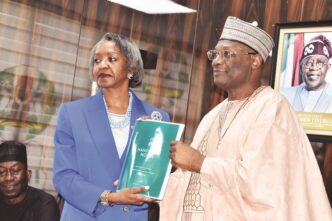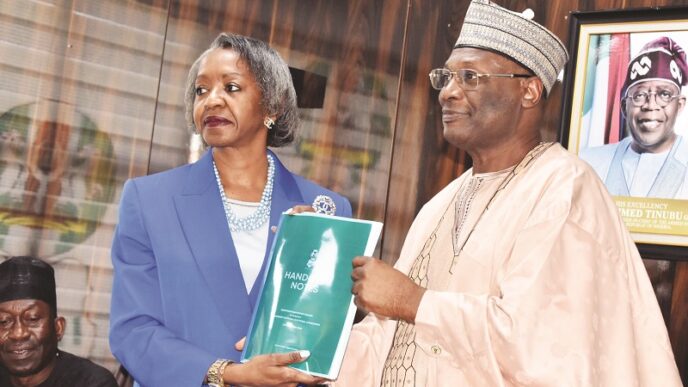The Emir of Kano and former Governor of the Central Bank of Nigeria (CBN), Muhammad Sanusi II, says he supports about 80 percent of President Bola Tinubu’s policy direction but remains concerned about fiscal discipline and the government’s approach to food importation.
In an interview with News Central on Tuesday, Sanusi commended the Tinubu administration for taking firm steps toward stabilising the economy through improved fiscal discipline and better coordination of monetary policy.
“In terms of monetary policy and stability, I have nothing but commendation for the government. On the fiscal side, we have had an improvement in revenue-to-GDP ratios, improvement in debt service ratios, and a contraction in the deficit. These are positive steps, but we still have a long way to go,” he said.
While acknowledging progress in revenue generation, the former CBN governor urged the government to ensure greater efficiency and accountability in public spending.
“I would like to see a better look at fiscal expenditure. We’re still spending too much money on government — on the cost of governance, too many political appointees, too many officers,” Sanusi said.
He cautioned that continued overspending could force the country back into a cycle of borrowing, despite the fiscal gains achieved from subsidy removals.
“If we do not improve the quality of spending and put a rein on expenditure, we’re going to continue borrowing,” he warned.
“After saving money from these expensive subsidies, after building up the government balance sheet, you go and spend it, and then you have to borrow again,” he cautioned.
Sanusi noted that while fiscal reforms were taking shape, more work was needed to ensure lasting stability.
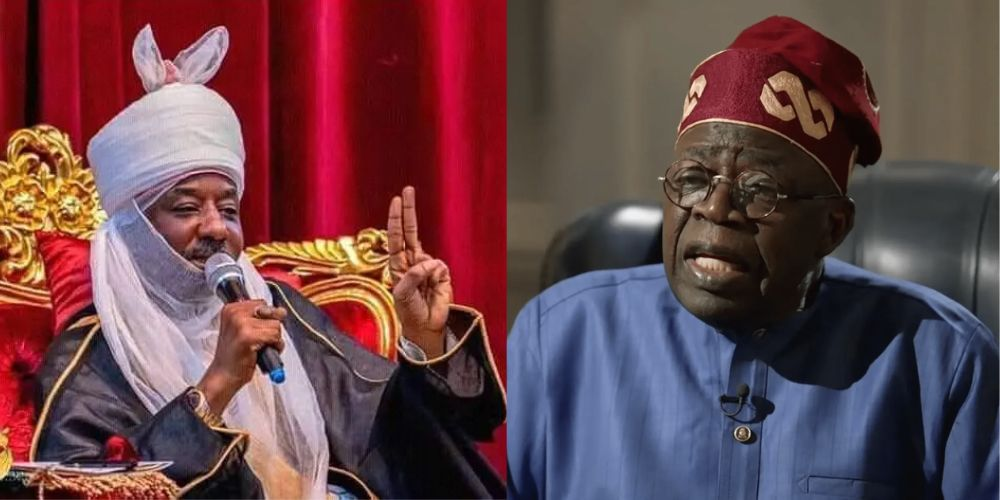
“So we still have some steps to go on the fiscal side, but the first thing was to fix revenue, and I think with the tax reforms and what you’ve seen so far, the fiscal side is on its way,” he said.
Turning to agriculture, Sanusi criticised the government’s policy on food importation, describing it as harmful to domestic production and long-term food security.
“I would like to see that we put a stop to the mass importation of food. I know it was driven by a desire to bring down food prices, but it is, in the end, very counterproductive to domestic production and domestic producer prices,” he said.
He urged policymakers to focus instead on revitalising the agricultural value chain to encourage local food production and ensure sustainable growth.
“Hopefully, we will get to a point where we go back on track with the reforms in the agricultural sector — fixing the agricultural value chain and relying on domestic production to feed the nation,” he said.
Summing up his assessment, the Emir of Kano said the Tinubu administration had taken commendable steps toward economic recovery, even though challenges remain.
“All in all, I think I would say 70 to 80 percent of what the government has done and the direction it is on, I support,” Sanusi stated.
“I do have some reservations about one or two things, like the importation of food and the quality of expenditure and the nature of overheads, but I think we’re on the right path… we’ve come very far in the right direction.”


 Trending
Trending 
